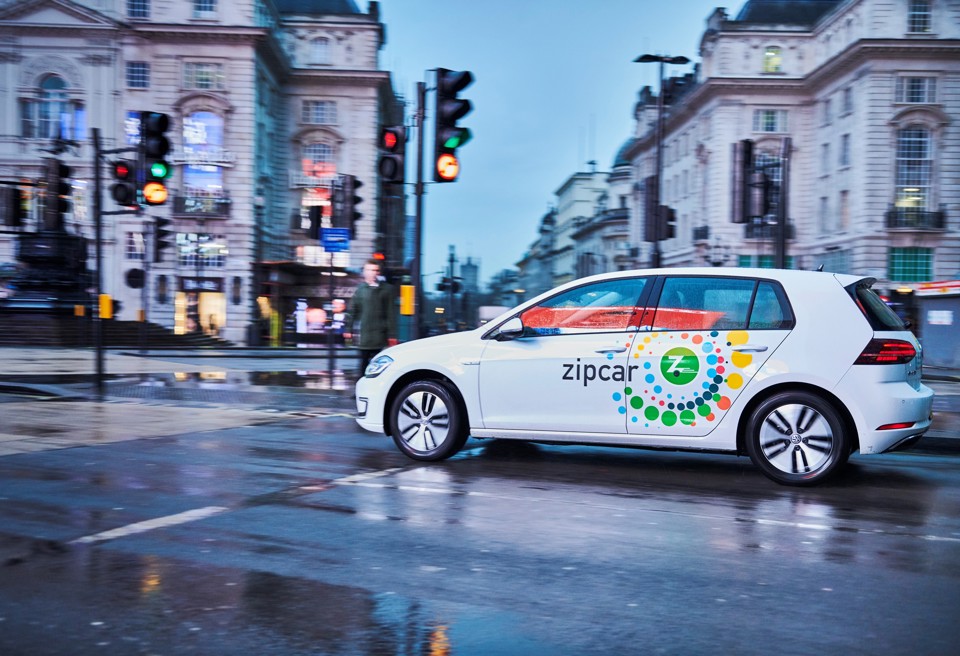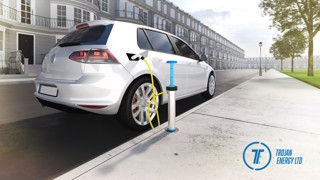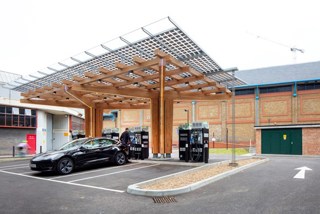London needs an extra 3,500 rapid electric vehicle (EV) chargers by 2025 to meet its EV Infrastructure Delivery Plan, according to Zipcar.
The car-sharing club is calling for more rapid chargers as it plans to expand it fleet of EVs to more than 400 cars.
It says 4,000 rapid chargers are required across the capital, but there are currently only 500.
James Taylor, general manager at Zipcar UK, said: “Much has changed since Zipcar set out its fully electric vision: the climate emergency and its impact have become ever more pressing. In response, the UK Government has set clear targets for stopping the sales of fossil fuelled vehicles by 2030, with a focus on switching to electric vehicles.
“But there is more that can and needs to be done. We are at a pivotal moment to make urban mobility more responsible, equitable and sustainable.
“We have made fantastic progress in electrifying our London fleet, adding 90 more vehicles this year, bringing our total to over 400. In just three years nearly 80,000 members have driven an electric vehicle. Our ambition is even greater, but we can’t do this alone. Whilst charging infrastructure has improved in the past three years and it is encouraging to see the Government set out a commitment to support car clubs to go fully electric, significant further investment is needed in the infrastructure if we are to achieve our vision.”
The call for more rapid charging points was made in Zipcar UK’s 2021 Sustainability Report, which details the company’s progress towards its vision for a fully electric fleet by 2025.
The report emphasises the important role car clubs can play in delivering zero emission driving in city centres and calls on the Mayor of London to include car clubs alongside other forms of transport in his communications to Londoners to help them comply with the ULEZ.
The company believes government intervention could lead to long-term systemic change by breaking the dependence on private car ownership and encouraging car owners to switch to car sharing.
Zipcar is also calling for further substantive policy changes; including for discounts to be applied to car clubs such as the congestion charge, and for parking permit incentives for EV car clubs.






















Login to comment
Comments
No comments have been made yet.